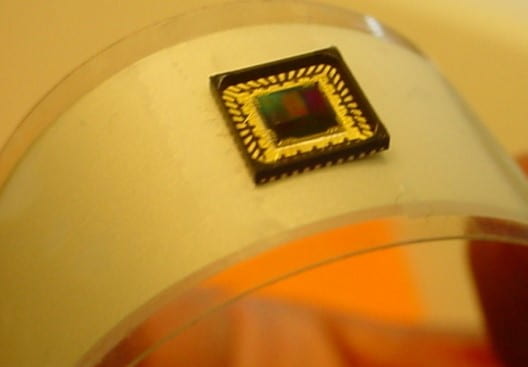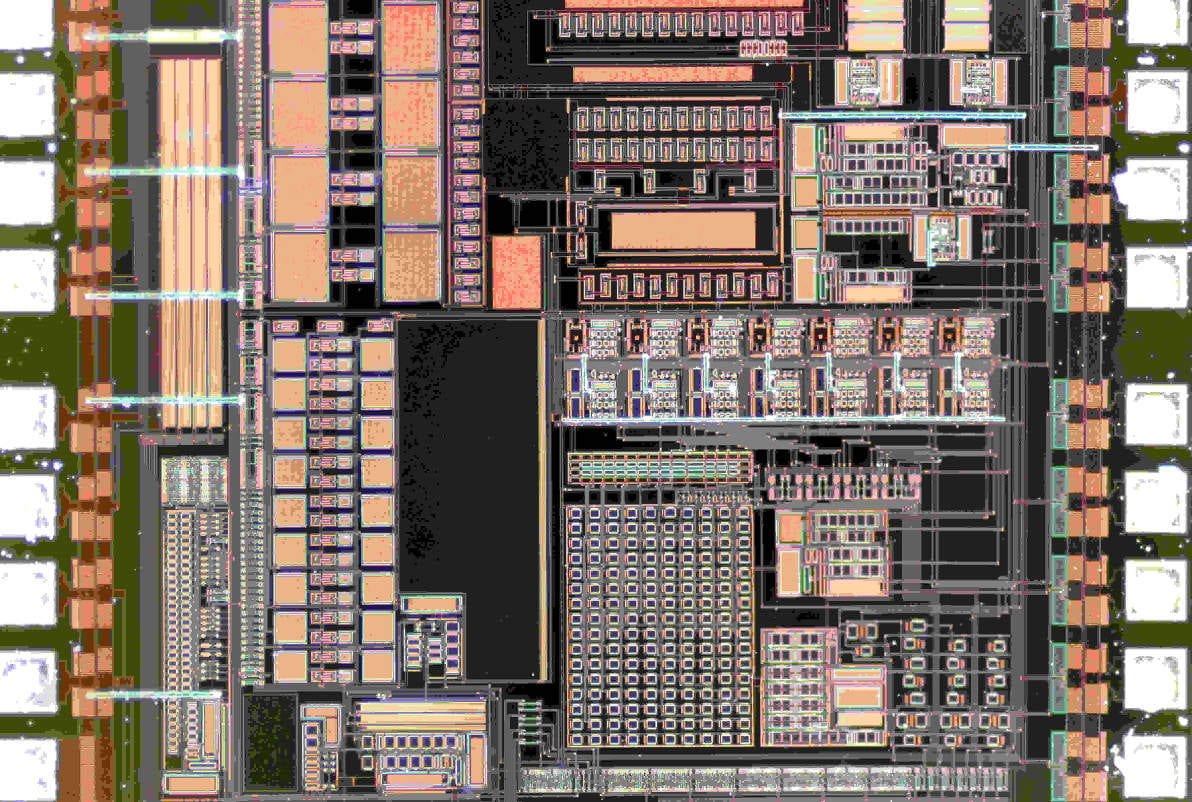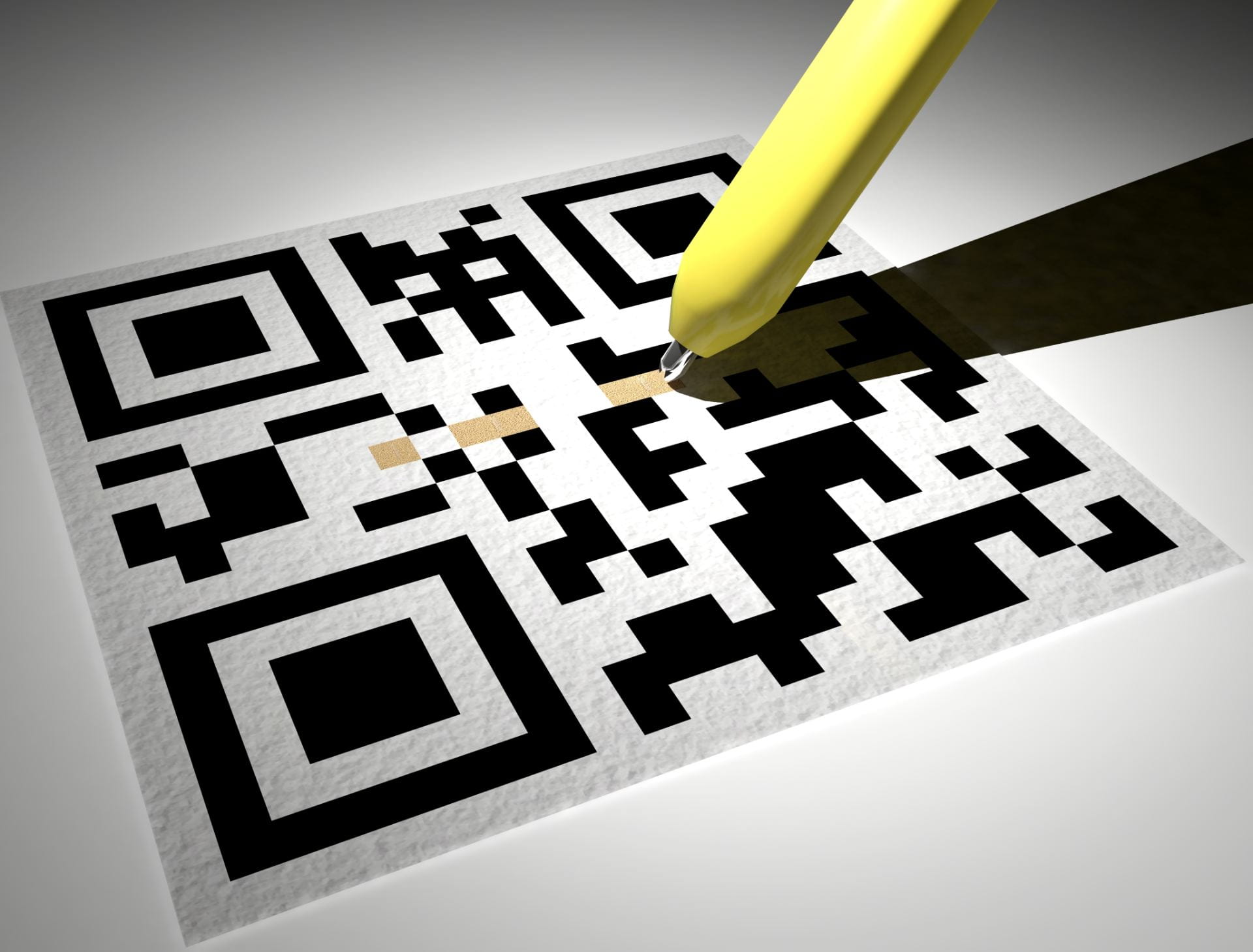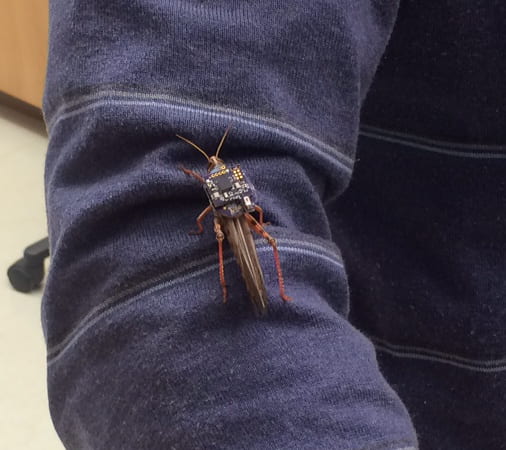
Analog for Self-powered Systems
We were one of the first research groups to report and demonstrate self-powered data-logging, self-powered time-keeping and self-powered time-stamping. Check out our current research where we are pushing the limits of self-powered sensing. Also, check out cool cybersecurity applications of self-powered devices.

Analog for Machine Learning
We were one of the first research groups to report in-memory computing using analog floating-gate transistors. Check out our other in-memory compute ML architectures. Also, check our ongoing work in analog optimizers, ML using resonant circuits and approximate analog computing using margin-propagation.

Analog for Neuromorphic Systems
We were the first research group to report a MIMO analog-to-digital converter based on neuromorphic sensory processing principles. Check out latest work on neuromorphic designs using analog dynamical systems and growth transform neurons. We use a sparsity-driven learning approach to achieve scalability and energy-efficiency.

Analog for Biosensors
We were one of the first research groups to propose self-assembly of forward error correcting codes and using it for reliable biosensing. Check our ongoing collaborative work in the area of paper-based biosensors, refreshable biosensors and multi-functional biosensors.

Analog for Wireless Powering and Telemetry
We explore the use of commercial B-scan and M-scan ultrasound imaging systems for wireless powering and telemetry. Check our work on sub-nanowatt ultrasound telemetry. Also, check our ongoing work on using self-capacitance for wireless power delivery.
Publications in WPT

Analog for Bio-Instrumentation
Our WashU team is one of the first to report and demonstrate cyborg systems for biosensing applications. Our lab supports this effort by designing novel wireless bioinstrumentation, amplifiers and potentiostats.